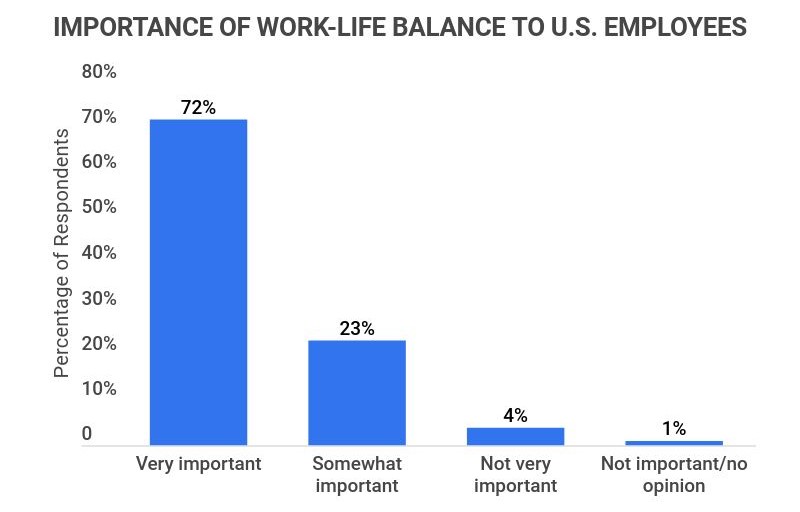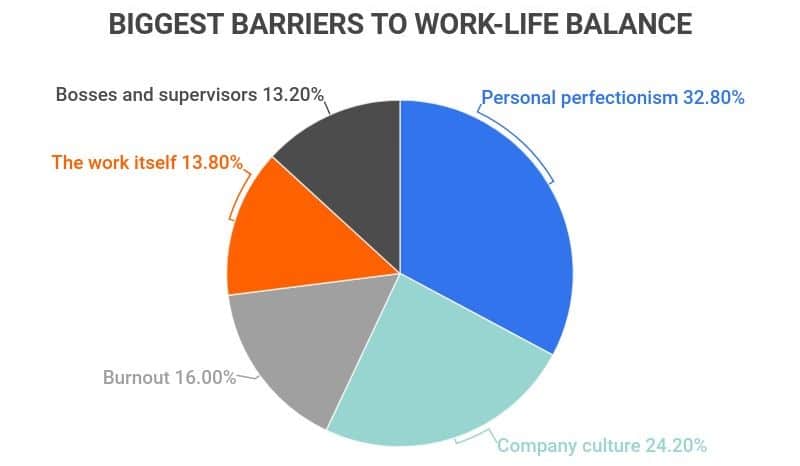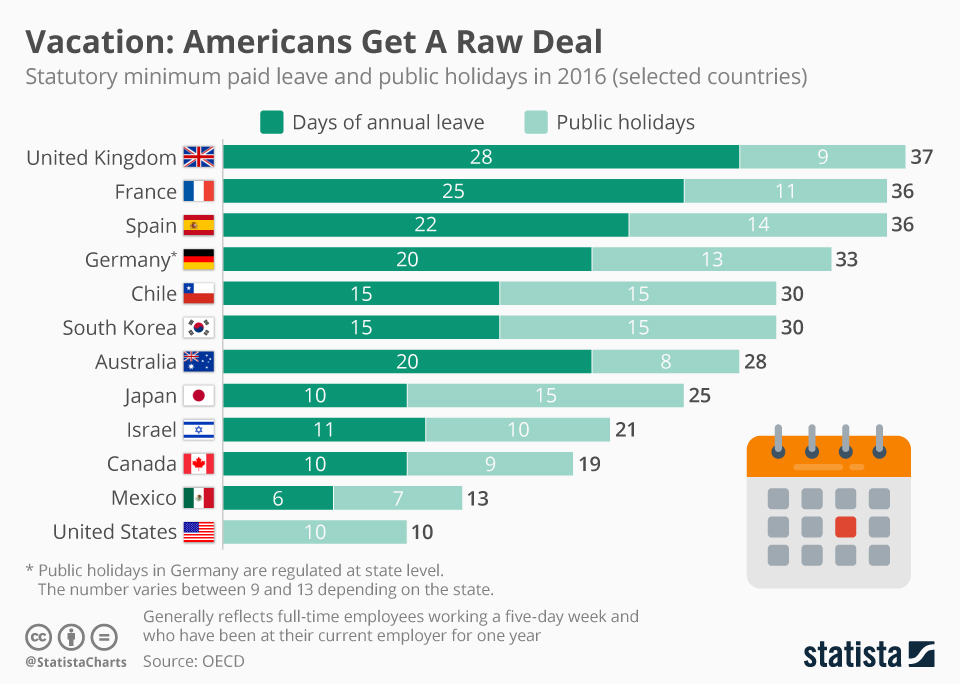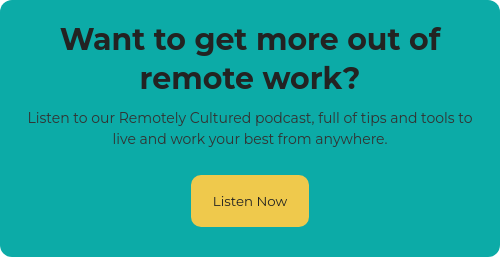Ding dong, the *B* word is dead.
No, not that *B* word.
Balance. As in, "work-life balance."
In these post-pandemic times, you're probably getting a little sick of managers droning on about work-life balance, and you're not alone. This buzzword has become a major buzzkill.
Let's explore why and how you can kick work-life balance to the curb in favor of something more meaningful: work-life harmony.
But first, for a concept that seems to be on its way out the door, work-life balance is still pretty important to most U.S. workers.

Why are we clinging to this outdated notion? Because we feel that if we achieve it, it will bring us happiness. Or contentment. Or whatever it is we're not feeling in our current work life.
But after these last few years, we've learned a few things, and one of those is that striving for work-life balance is a fool's errand.
Why Work-Life Balance Doesn't Work
The whole concept of balance comes with a lot of pressure. Imagine a scale — one side dedicated to work, one to life. You're in charge of balancing those scales, which basically means you're walking a constant tightrope through life. One wrong step, and down you go. And when something happens that tips the scales, the whole thing crashes.
Who wants to work like that? Not us. And probably not you, either. Here are more reasons work-life balance just doesn't work.
It's Unattainable
The whole concept of work-life balance is that it's one singular goal to achieve. But how do you know when you've achieved it? What if you thought you did, but then you go through a rough patch and lose it? Did you ever really have it to begin with?
Work-life balance has no clear definition and no real timeframe. It can't be measured, so you never really know when you've achieved it or not. It's simply an unrealistic idea.
We're Too Hard on Ourselves
The biggest barrier to work-life balance is actually the demand we place on ourselves to be perfect.

By being our own biggest critic, we only stand in our own way.
It's an Either-Or
Really, it's in the name: work-life balance. We might as well call it "work vs. life." We set it up as a competition between the two and put the burden of figuring out which deserves more weight on the individual. What will win today? Work or life? This sort of mentality only leads to burnout and can significantly impact mental wellness.
Fortunately, there's a better way:
What Is Work-Life Harmony?
Work-life harmony isn't a totally new concept. In fact, it's been around since at least 2016, when Jeff Bezos first said it was his personal preference.
"I think work-life harmony is a good framework. I prefer the word 'harmony' to the word 'balance' because balance tends to imply a strict tradeoff. In fact, if I'm happy at work, I'm better at home. And if I'm happy at home, I come into work more energized." — Jeff Bezos, Amazon CEO
Work-life harmony isn't about balancing scales or making decisions on what deserves your time and attention — it's really about you. Work-life harmony considers your needs and well-being first and foremost. Because when your needs are met — at work and at home — you'll feel better and be better for the people who need you.
Of course, the pandemic brought this alternative to work-life balance into the spotlight because whatever we were doing at the start of 2020 wasn't going to get us through that dumpster fire of a year.
The shift to mostly remote work also exacerbated the problematic nature of work-life balance. Any boundaries that once existed between work and life were demolished, and most workers had to find out how to juggle them both at the same time.
Over time, we began to understand that work-life balance wasn't helping us live better lives — it was really just setting us up to fail. Work-life harmony is taking over as the new norm, and we are here for it.
Work-life harmony isn't a competition. It's not a Sophie's choice. It's a natural cycle that takes into consideration the normal fluctuations in our lives. It positions us to enjoy both work and life...harmoniously.
And just like you, we're still learning, but here are some easy steps you can take right now to start on the path to work-life harmony:
How to Achieve Work-Life Harmony in 5 Simple Steps
Step One: Set Boundaries
Work-life harmony doesn't mean you have to operate at 100% in your work and life 100% of the time. It doesn't mean being "always on" or taking work calls in the middle of the night. Instead, it means creating firm boundaries and sticking to them.
Your boundaries will be unique to you, so take some time to check in with yourself and evaluate what works. It might mean shutting down at 5 p.m. on the dot and not signing back on until the next morning. It might mean working a four-day week so you can take Fridays off. Or it might mean letting yourself have longer lunches so you can go for a walk or see friends. Commit your ideas to paper, and then commit to your ideas.
Step Two: Plan Your Routine
Routines and rituals are so important to work-life harmony. You'll want to avoid overscheduling, as that comes with its own pressures and pitfalls. But set a routine that makes sense for you, and be sure it includes enough downtime.
Slow living isn't always possible in our fast-paced world, but you can incorporate slow moments into your day, whether it's taking time to make a pot of French press instead of relying on the Keurig or sneaking in a few extra moments for a meditation session.
Remember that you are your biggest and best advocate for your time. So when you make time for what makes you happy, don't apologize for it. Communicate it with your colleagues so they know when they can and can't check in, but own your time.
Step Three: Use the Tools You Have
No, you don't need to download a hundred new apps all in the name of time management, but think about how you can use the resources you have to better protect your time and work toward harmony.
This can be as simple as shutting off all notifications during non-working hours and updating your status so others know you're not available.
To do this effectively, release whatever guilt you have about not always being on. Shift your thinking, and know that your coworkers will survive without you while you sleep, eat, or do other things you enjoy. Unless you're an actual firefighter, you aren't needed to put out every damn fire.
If you are able to work on the go without it consuming other parts of your life, be sure to use mobile apps and tools so you can work from anywhere. This doesn't work for everyone (some of us need more separation), but others love the freedom of being able to do what they want while still checking in on work. Honestly assess which type of person you are, and go from there.
Step Four: Take Time Off
Seriously: Take. Time. Off.
If you wanna see some real BS, take a look at where the U.S. falls in terms of paid time off.

Sadly, we're far behind the rest of the world when it comes to time off, including paid vacation, sick time, and even parental/family leave. Part of that is systemic, but even when PTO is available, Americans just don't want to take it.
But time off is restorative and so, so necessary. At FPS, we offer all full-time employees unlimited time off. But that kind of flexibility and trust comes with some pressure. To mitigate that, we recommend a minimum expectation of three weeks off per year — and encourage more when needed.
We also expect employees to rest when they're sick and not respond to notifications and to take a mental health day (or a "just because" day) whenever they need it.
Step Five: Do Great Work
Finding harmony doesn't mean you work less or that your work isn't as good. It means that you find a routine that works for you, set strong boundaries, and take time to rest so that when you are on the clock, you're doing your best work.
Make your work time true focus time, so you can get your work done efficiently and then spend more time on what you like. Be sure you're meeting your deadlines and maintaining productivity. If you aren't, communicate. Ask for support when you need it.






